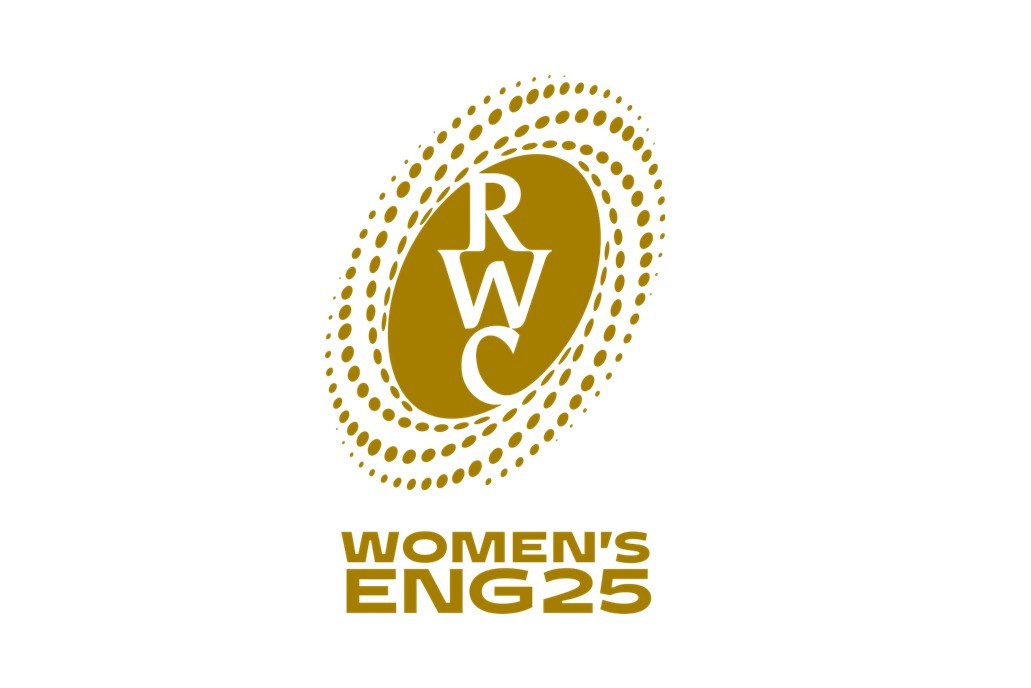Tue, August 12, 2025
Women’s Rugby World Cup to employ flashing mouthguards for concussion

The 10th edition of the Women’s Rugby World Cup, governed by World Rugby, the world governing body for rugby union, will introduce flashing mouthguards, known as smart mouthguards, for its players which will flash red to signal potentially concussive impacts. If a player suffers a significant impact to their head during a game, the LED lights within the mouthguards will indicate this by flashing red. The referee must then halt the game so that the player can have a head injury assessment. This system will debut at the Women’s Rugby World Cup which takes place from 22 August - 27 September 2025.
The smart mouthguards will measure how much a player's head moves up and down and rotates on impact. When an acceleration above 75g (g-force) and 4,500 radians per second squared for men, and 65g and 4,500 rad/s² for women, is measured, the LED lights will flash red. The current system only uses bluetooth to notify a doctor upon significant impact, but can take several seconds to arrive, so this new LED mouthguard system should hopefully be more efficient. It will still use the bluetooth technology to alert doctors, but the flashing lights will make referees aware much quicker so that head assessments can be conducted.
The new system should then be rolled out across the men’s and women’s elite game after debuting at the Women’s World Cup, according to The Guardian. The Science and Medical Manager at World Rugby, Dr Lindsay Starling, expressed: “Match officials and players will be able to see that this player has sustained a big head impact because their mouth guard is flashing red…
It will create awareness about head injuries and concussions in the stands and for fans at home, being able to see it on TV.” Coverage of every match from the Women’s Rugby World Cup will be live on the BBC.
World Rugby’s Chief Medical Officer, Dr Éanna Falvey, stated that every player, except from two who wear braces, will be wearing the mouthguards during the Women’s World Cup. In comparison, only 85% of male players wear smart mouthguards. Falvey hopes that all players begin to wear the technology: “It would be great for the game. But personal choice is an important thing, autonomy is an important thing.”
He stated, in relation to the men’s game: “We've had players who decided that they don't like the fact that it's a Bluetooth device, we've had players that feel it's uncomfortable, we've had players who don't want to know…
The women's leagues and teams and competitions, I don't know the reason for it, but they're much more likely to collaborate, they're much more accepting and excited about opportunities in technology.”
Starling also expressed her thoughts about the mouthguards in relation to foul play: “There is a world in which the data from the mouthguard can start to come into play a little bit more with foul play…
But what everybody needs to understand is that in the same way a player can get concussed from a pretty small head impact, foul play [can have occurred] without registering anything substantial…
What we need to be careful not to do is overrely on the data or put too much power in the hands of the data. Data is incredibly powerful, but in this case the data might not tell 100% of the picture.”
Regarding displaying the g-forces of tackles for viewers of the game to see, Starling stated: “It’s classified as medical data about a player, and so therefore we can’t share those numbers anywhere. But we’re working with the players to get them on board to want to share that information…
There is a very fine line between big and being safe and correct and the player being looked after. Because big isn’t always good, sometimes it’s bad.”
The first occasion women rugby players used the older version of the mouthguard technology was on 13 October 2023, during the WXV. The older smart mouthguards were first introduced to men's rugby during the 2024 Guinness Men's Six Nations Championship. The threshold then was 55g and 4,000 rad/s² for women, and 70g and 4,000 rad/s² for men, according to The Guardian.
Falvey has also expressed his intention to ensure the technology infiltrates the junior and community level game as participation in the sport has dipped due to parents’ concerns over brain injury: “We know from a study of community players in Otago that the impacts are much smaller, and far less frequent in the under-13 and under-15 and under-18 level of the game…
But we would like to work towards a scenario where we had certain thresholds, and these technologies, for the community game too.”
In 2023, the older version of the mouthguard reportedly cost £250, which was a barrier to this goal. However, Falvey voiced: “We’ll make this affordable. And we will see this make its way into the community setting in the future.”
He also highlighted the need to individualise injury: “What we want to do is to look at somebody who hasn’t necessarily had a concussion, but has had quite a number of head impact events, and so we manage them differently.”
During Sport Resolutions’ 2025 annual conference, Dr Willie Stewart led an insightful discussion which explored the links between neurodegenerative disease and contact sport, with a particular focus on the more recent work linking contact sport and Motor Neurone Disease (MND).



